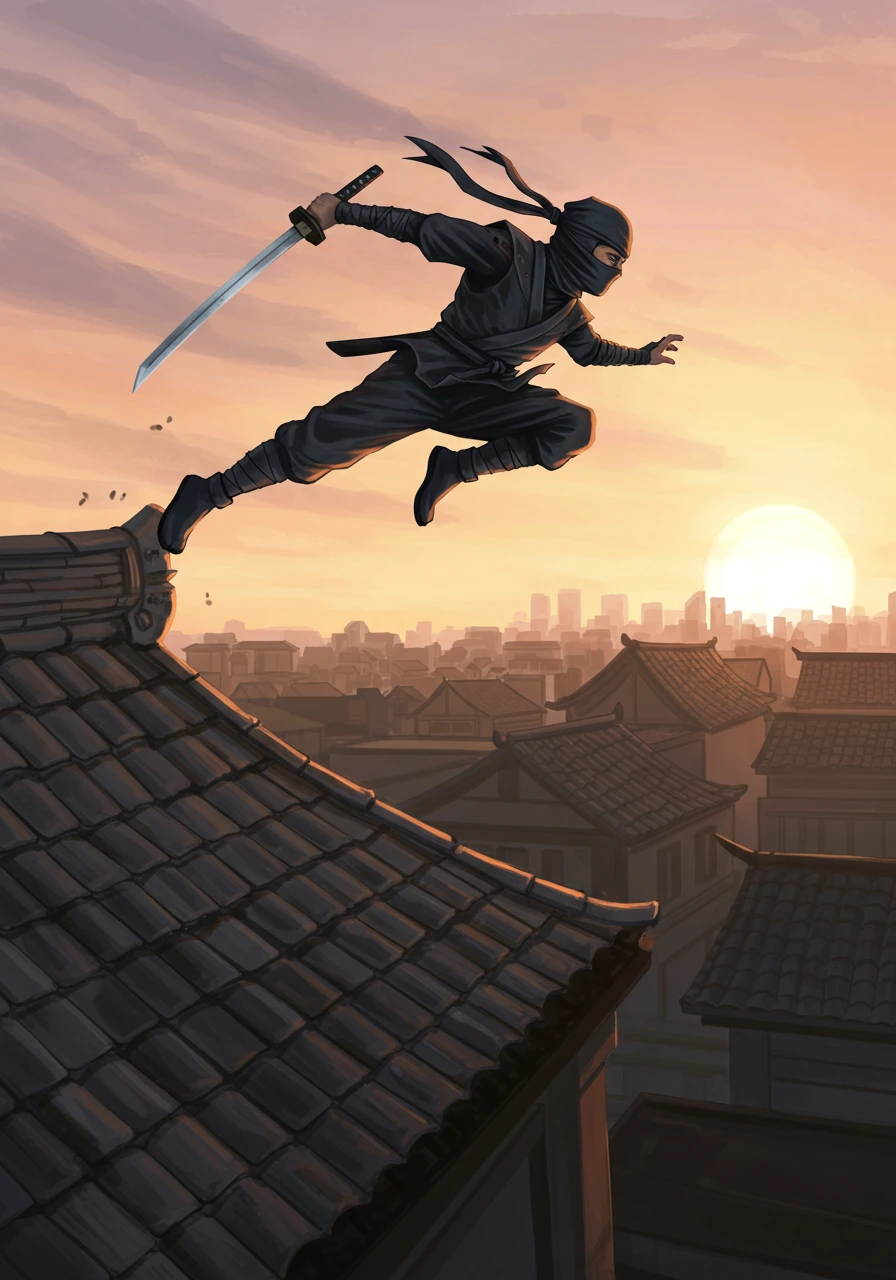Game soundtracks have evolved from simple beeps and loops into rich, emotionally resonant compositions that rival film scores. Music in games does more than just fill silence — it enhances storytelling, sets the tone, and builds immersive worlds. Over the years, composers have emerged as true artists, shaping how we experience games on a deeper, emotional level.
One of the earliest icons in video game music is Koji Kondo, the composer behind The Legend of Zelda and Super Mario Bros. His memorable themes are instantly recognizable and played a huge role in making those franchises so iconic. Similarly, Nobuo Uematsu’s work on the Final Fantasy series brought orchestral grandeur and emotional weight to role-playing games, elevating the genre.
In more recent years, composers like Jesper Kyd (Assassin’s Creed, Hitman) and Bear McCreary (God of War) have pushed the envelope with cinematic and culturally diverse soundscapes. These soundtracks don’t just accompany gameplay — they tell stories, convey tension, and reflect character development.
Indie games have also contributed significantly to the artistic status of game music. Journey‘s soundtrack by Austin Wintory was the first video game score to be nominated for a Grammy. Meanwhile, games like Celeste and Hollow Knight use music to reflect mental states, environments, and player progress in subtly powerful ways.
Today, game soundtracks are sold separately, performed in live concerts, and streamed by millions. As the industry matures, game music continues to prove itself not just as background noise, but as a vital, evolving art form in its own right.

Leave a Reply